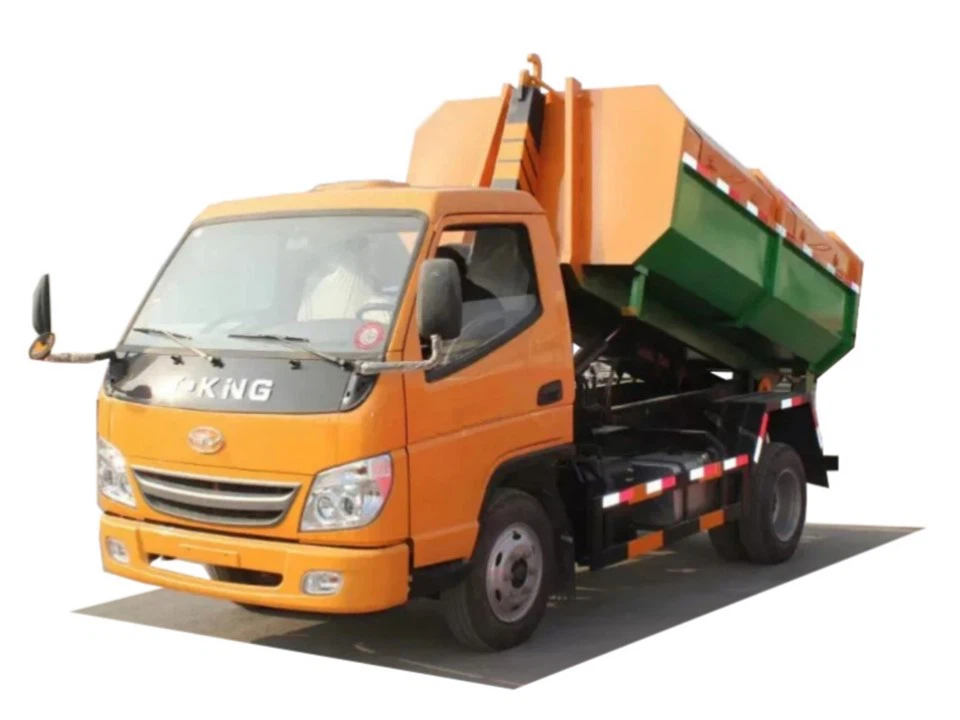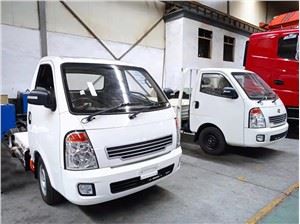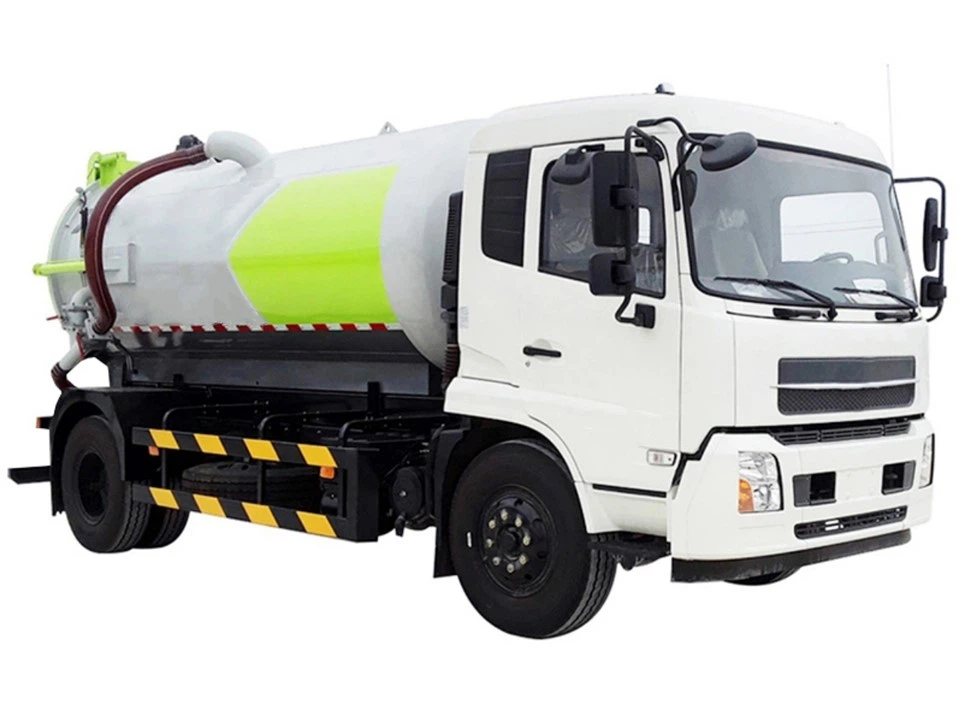Understanding 2.5 Ton Vehicles: A Comprehensive Guide

When it comes to transportation, the size and capacity of a vehicle can greatly impact the efficiency of your operations. 2.5 ton vehicles, often used in commercial applications, strike a balance between capacity and maneuverability. This article will delve into everything you need to know about 2.5 ton vehicles, their types, uses, advantages, and much more.
What is a 2.5 Ton Vehicle?
A 2.5 ton vehicle is typically defined as a vehicle that can safely carry loads of up to 2.5 tons or approximately 5,500 pounds. These vehicles are often found in the commercial sector, used for tasks such as deliveries, transport, and logistics. They come in various shapes and sizes, including trucks, vans, and specialized vehicles.
The Importance of Payload Capacity
Payload capacity is crucial for businesses that rely on transportation. Understanding how much weight a vehicle can carry ensures that logistics run smoothly. Exceeding this capacity imposes risks, including increased wear and tear on the vehicle, legal penalties, and safety hazards.
Common Types of 2.5 Ton Vehicles
- Pickup Trucks: Versatile and suitable for a range of uses, including construction and deliveries.
- Box Trucks: Commonly used for transporting goods, featuring a box-shaped cargo area.
- Panel Vans: Ideal for transporting smaller items and equipment.
- Chassis Cabs: Suitable for custom applications, allowing for specialized bodies to be added.
Applications of 2.5 Ton Vehicles
Commercial Use
Commercial operations often employ 2.5 ton vehicles for deliveries, service calls, and transporting equipment. Their balance of space and size makes them ideal for urban environments where larger trucks may struggle.
Construction and Landscaping
These vehicles are frequently utilized in the construction and landscaping industries. They can carry heavy equipment, tools, and materials, making them essential for field operations.
Example: Using a 2.5 Ton Vehicle in Construction
A construction company might use a 2.5 ton pickup truck to transport tools and materials to job sites. The vehicle’s ability to navigate narrow roads while carrying a substantial payload makes it a practical choice.
Pros and Cons of 2.5 Ton Vehicles
Advantages
- Versatility: Suitable for various applications.
- Maneuverability: Easier to drive in urban settings compared to larger trucks.
- Cost-Effective: Typically more fuel-efficient than larger vehicles.
- Availability: A wide range of models is available across manufacturers.
Disadvantages
- Limited Payload: May not be ideal for businesses needing to transport heavier items.
- Higher Insurance Costs: Depending on how they are utilized, insurance can be costly.

Choosing the Right 2.5 Ton Vehicle
Factors to Consider
Selecting the right vehicle involves various factors:
- Payload Capacity: Ensure the vehicle meets your transportation needs.
- Fuel Efficiency: Analyze the miles per gallon to predict fuel costs.
- Comfort and Features: Look for comfort features, especially if driving long distances.
Practical Tips for Buying
When considering a purchase, keep the following tips in mind:
- Conduct thorough research on different vehicle models.
- Test drive vehicles to feel their handling and comfort.
- Evaluate financing options and warranties.
Maintenance of 2.5 Ton Vehicles
Regular Maintenance Practices
Maintaining your vehicle is essential for longevity and efficiency:
- Regular Oil Changes: Ensure that the oil is changed at recommended intervals.
- Tire Inspections: Regularly check tire pressure and tread depth.
- Brake Maintenance: Have brakes inspected periodically for safety.
Cost of Ownership
Understand the true cost of owning a 2.5 ton vehicle, which includes:
- Purchase price
- Insurance
- Fuel expenses
- Maintenance costs
- Depreciation
| Cost Component | Estimated Annual Cost |
|---|---|
| Insurance | $1,200 |
| Fuel | $2,500 |
| Maintenance | $500 |
| Depreciation | $1,000 |
Future of 2.5 Ton Vehicles
Trends and Innovations
The future of 2.5 ton vehicles is poised to evolve with advancements in technology, including:
- Electric Vehicles: An increase in electric 2.5 ton vehicles is expected.
- Smart Technologies: Integration of smart technologies for better efficiency and safety.
- Alternative Fuels: The exploration of alternative fuels can enhance performance and reduce environmental impact.
Impact on Business Logistics

As these vehicles evolve, they will significantly impact logistics, offering improved efficiency and reduced operational costs. Businesses that adapt to these trends will likely see better performance.
Frequently Asked Questions (FAQs)
What types of loads can a 2.5 ton vehicle carry?
A 2.5 ton vehicle can safely carry loads up to approximately 5,500 pounds, making them suitable for various materials and equipment.
Are 2.5 ton vehicles good for long-distance travel?
While 2.5 ton vehicles can be used for long-distance travel, comfort levels vary based on the vehicle type. Prospective buyers should consider features like seating and ride quality.
What is the typical fuel efficiency of a 2.5 ton vehicle?
Fuel efficiency varies by model and type but typically ranges from 15 to 25 miles per gallon.

How do I choose between a pickup truck and a box truck?
Your choice should depend on the nature of your cargo. Pickup trucks are more versatile for personal and small business use, while box trucks offer more secure and enclosed storage for larger loads.
What should I look for during a test drive?
During a test drive, focus on handling, visibility, comfort, and ease of entry and exit. Pay attention to the vehicle’s acceleration and braking as well.
How can I enhance the lifespan of my 2.5 ton vehicle?
Regular maintenance, timely repairs, appropriate driving practices, and keeping within the rated payload limits can significantly enhance the lifespan of your vehicle.
